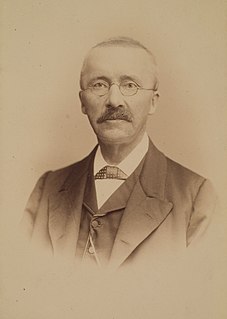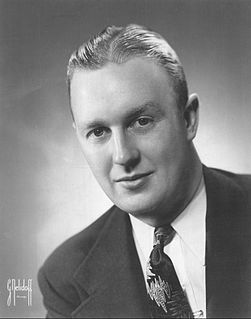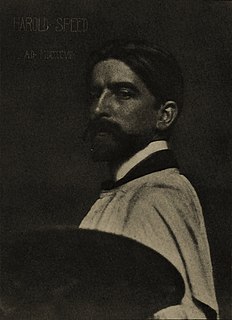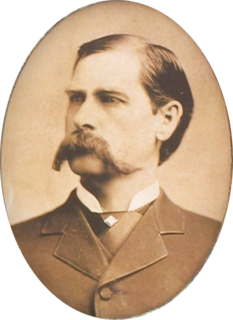Top 1200 Historical Accuracy Quotes & Sayings - Page 2
Explore popular Historical Accuracy quotes.
Last updated on April 17, 2025.
I'm not entirely sure what a historical novel absolutely has to be, but you don't want a reader who loves a very traditional historical novel to go in with the expectation that this is going to deliver the same kind of reading experience. I think what's contemporary about my book has something to do with how condensed things are.
We probably have, right now, after the Civil Rights movement - and this was very unfortunate - the most glaring time of giving up on Africa, saying we're Americans. We are Americans. I'm not arguing that point. So are the Italians. So are the Germans. So are the Jews. We're Americans with an historical geography of origins outside of the United States as all people, maybe except the indigenous Americans who came here so long ago, who have generations of people whose historical origins are right here but whose initial historical origins are somewhere in Asia.
Writers of historical fiction are often faced with a problem: if they include real-life people, how do they ensure that their make-believe world isn't dwarfed by truth? The question loomed large as I began reading 'The Black Tower', Louis Bayard's third foray into historical fiction and fifth novel overall.
For we cannot adequately understand 'man' as an isolated biological creature, as a bundle of reflexes or a set of instincts, as an 'intelligible field' or a system in and of itself. Whatever else he may be, man is a social and an historical actor who must be understood, if at all, in close and intricate interplay with social and historical structures
My obsessions stay the same - historical memory and historical erasure. I am particularly interested in the Americas and how a history that is rooted in colonialism, the language and iconography of empire, disenfranchisement, the enslavement of peoples, and the way that people were sectioned off because of blood.
If you write a post and put it on a blog, that's a historical document. If you change your template, then that entry looks completely different. It's the same words, but not the same meaning. This all depends on what historical questions that people will be asking and we can't know what they will want.
The object of your training in drawing should be to develop to the uttermost the observation of form and all that it signifies, and your powers of accurately portraying this on paper.
Let painstaking accuracy be your aim for a long time. When your eye and hand have acquired the power of seeing and expressing on paper with some degree of accuracy what you see, you will find facility and quickness of execution will come of their own accord.
Unflinching honesty must be observed in all your studies. It is only then that the ‘you’ in you will eventually find expression in your work.
Whether I like it or not, most of my images of what various historical periods feel, smell, or sound like were acquired well before I set foot in any history class. They came from Margaret Mitchell, from Anya Seton, from M.M. Kaye, and a host of other authors, in their crackly plastic library bindings. Whether historians acknowledge it or not, scholarly history’s illegitimate cousin, the historical novel, plays a profound role in shaping widely held conceptions of historical realities.
[Sacrifice of Isaac] is a major theme of the so-called Elohist [one authorial strand in the Pentateuch]. It is marked by all of his linguistic characteristics, and so on. We cannot determine what is historical and what isn't. As literary critics, we would understand the importance of this for understanding life, destiny. But the historical question must be left with a question mark.
Communism is Utopia, that is nowhere. It is the avatar of all our religious eschatologies: the coming of the Messiah, the second coming of Christ, nirvana. It is not a historical prospect, but a current mythology. Socialism, by contrast, is a realizable historical system which may one day be instituted in the world.
The facts which our senses present to us are socially performed in two ways: through the historical character of the object perceived and through the historical character of the perceiving organ. Both are not simply natural; they are shaped by human activity, and yet the individual perceives himself as receptive and passive in the act of perception.
Economy and ideology. The claim (presented as an essential postulate of historical materialism) that every fluctuation of politics and ideology can be presented and expounded as an immediate expression of the structure, must be contested in theory as primitive infantilism, and combated in practice with the authentic testimony of Marx, the author of concrete political and historical works.
Cultural concepts are one of the most fascinating things about historical fiction. There's always a temptation, I think, among some historical writers to shade things toward the modern point of view. You know, they won't show someone doing something that would have been perfectly normal for the time but that is considered reprehensible today.























































